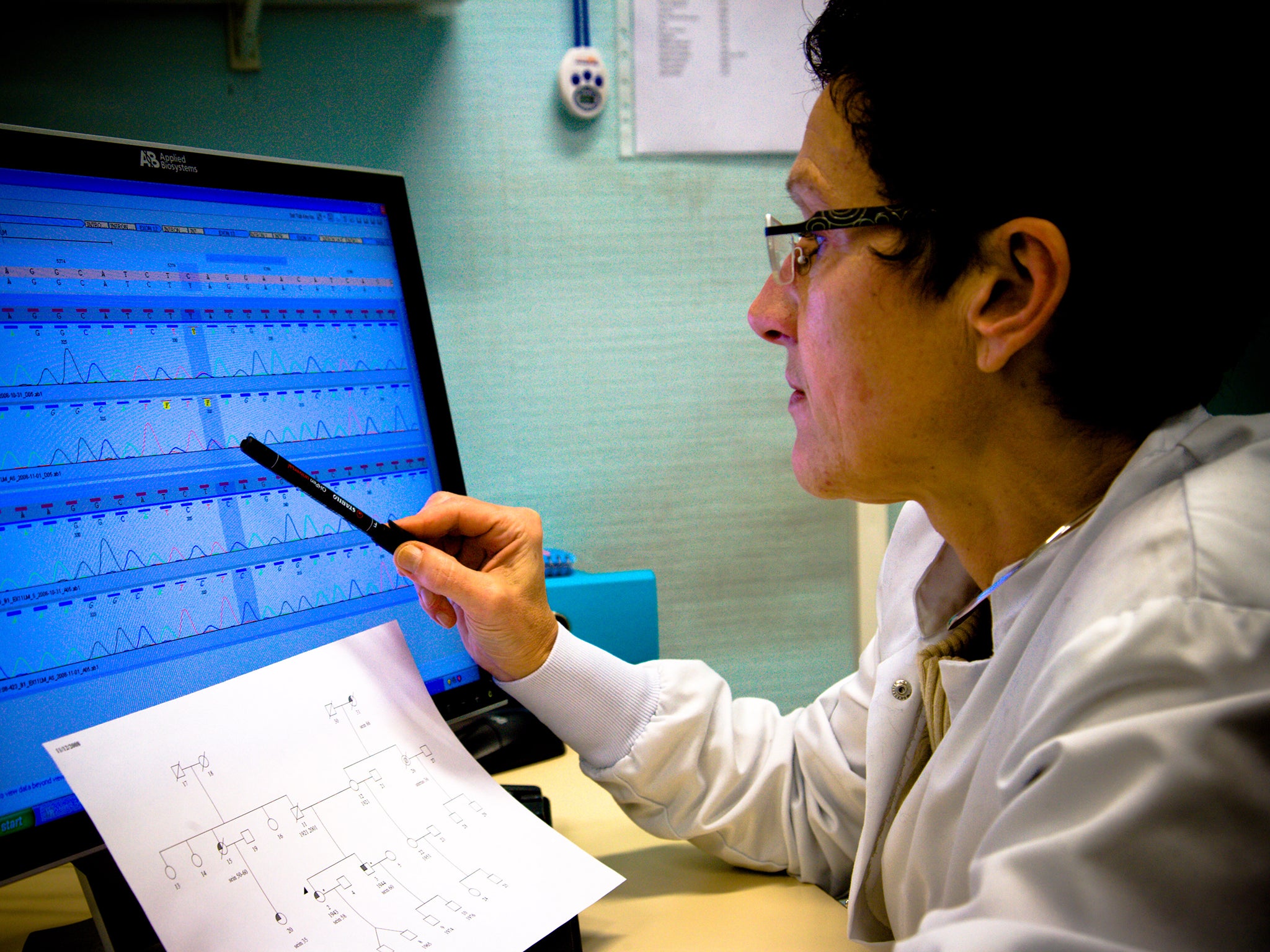HRT can increase a woman's chances of developing ovarian cancer, research shows
Dangers are slightly greater than previously thought

Women going through the menopause who take hormone replacement therapy (HRT) are putting themselves at a greater risk of ovarian cancer, Oxford University researchers have said.
Their findings, based on a major review of virtually all existing evidence, suggest the dangers are slightly greater than previously thought, but experts said there was no reason for women to stop taking HRT.
HRT use for even a few years was linked with a 40 per cent increased risk of ovarian cancer, the study said. Existing guidance in the UK, which is under review, acknowledges a risk with long-term use.
The actual risk is still small. According to the figures, for women who take HRT for five years from around age 50, when the menopause usually begins, there is about one additional case of ovarian cancer for every 1,000 women, and one extra ovarian cancer death for every 1,700 women.
Hundreds of thousands of women use HRT in the UK. The study found the effects on cancer risk were the same for the two main types of HRT – those which contain the hormone oestrogen, and those that contain both oestrogen and progestagen.
Study co-author Professor Dame Valerie Beral, said the findings had implications for national and international guidelines around HRT.
“The definite risk of ovarian cancer even with less than five years of HRT is directly relevant to today’s patterns of use – with most women now taking HRT for only a few years,” she said.
The study was carried out by the international Collaborative Group on Epidemiological Studies of Ovarian Cancer, organised by the University of Oxford, and is published in The Lancet.
UK drugs regulators said they would evaluate the findings.
Dr Sarah Branch, deputy director of the Medicines and Healthcare Products Regulatory Agency (MHRA) vigilance and risk management of medicines division said: “Our advice has always been that the lowest effective dose of HRT should be used for the shortest possible time.
“The decision to start, continue or stop HRT should be made jointly by a woman and her doctor, based on the best advice available and her own personal circumstances, including her age, her need for treatment and her medical risk factors.
"Any woman on HRT who has any questions should speak to her doctor who is best placed to advise.”
Around 7,100 women are diagnosed with ovarian cancer in the UK each year.
Subscribe to Independent Premium to bookmark this article
Want to bookmark your favourite articles and stories to read or reference later? Start your Independent Premium subscription today.

Join our commenting forum
Join thought-provoking conversations, follow other Independent readers and see their replies